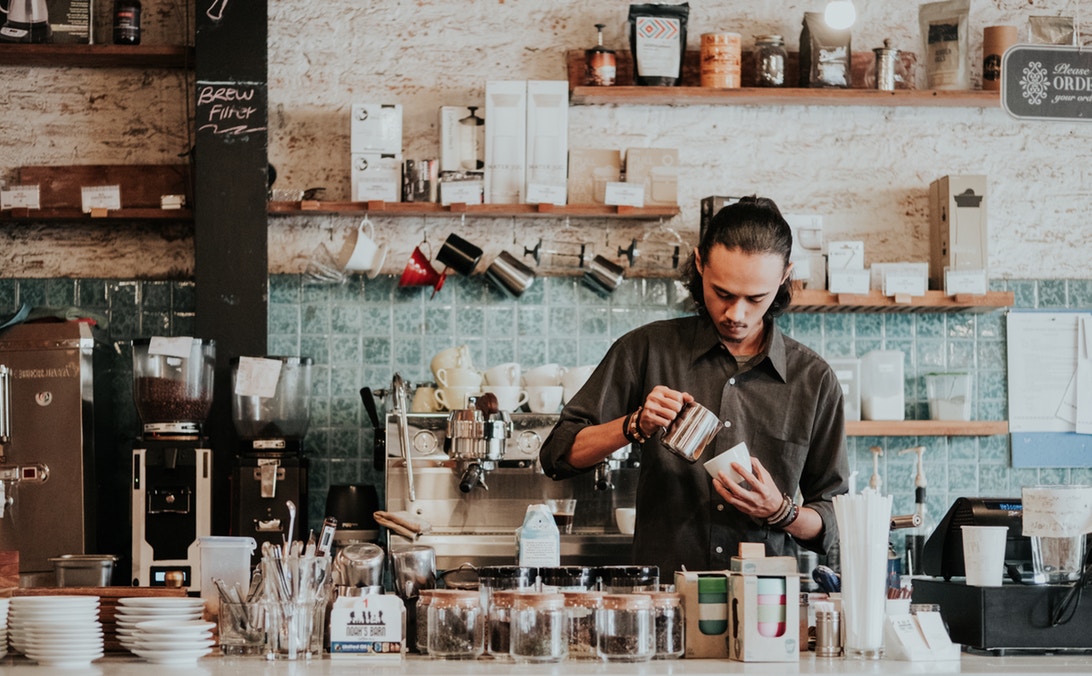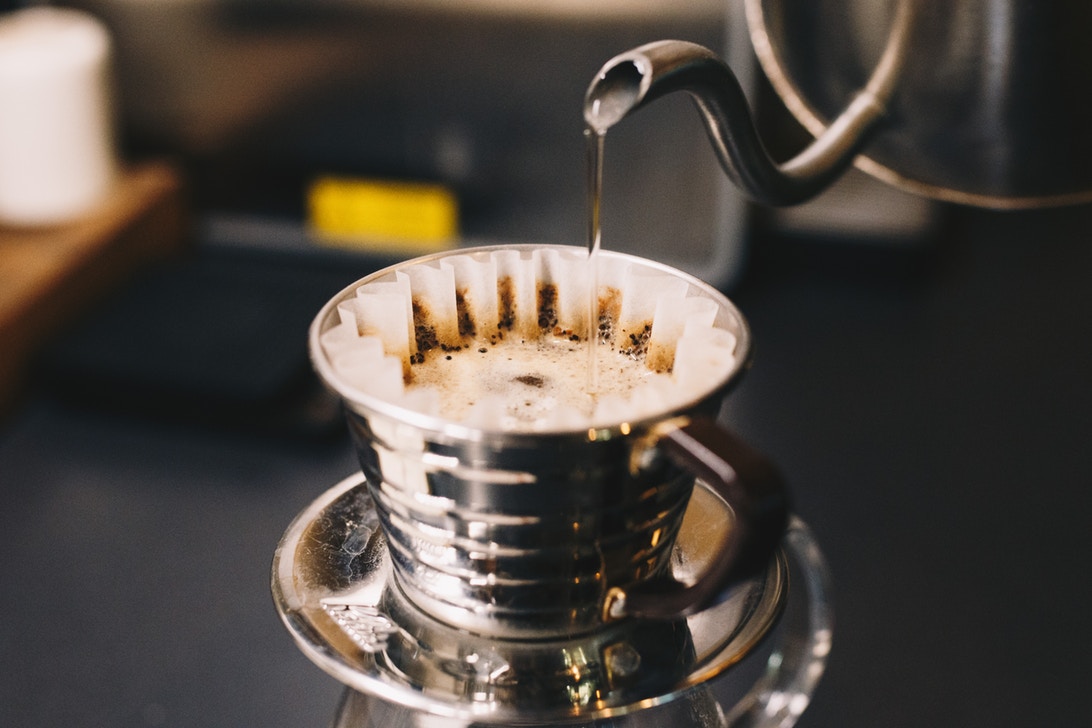Scientific research shows that drinking coffee at different times has different effects: drinking coffee in the morning is more positive.

Professional coffee knowledge exchange more coffee bean information please follow the coffee workshop (Wechat official account cafe_style)
Coffee is used by office workers to cheer up their buddies. For a typical adult, the recommended limit for healthy caffeine intake is 300 to 400 milligrams per day, which can lead to side effects such as insomnia, anxiety, palpitations, stress and night sweats. In fact, if you want to drink coffee wisely, you have to not only control the amount of coffee, but also choose the right time, because according to a number of scientific studies, caffeine intake at different times has different effects.

Early morning (before 8 a.m.): evoke positive emotions
From a physiological point of view, though, caffeine intake doesn't have much effect at this time, because cortisol is at its peak when you wake up, and this hormone naturally makes you awake and alert. But there are still many people like to make a cup of coffee in the morning to spend a quiet time, let the head slowly wake up in the strong aroma of coffee.
From a psychological point of view, when people focus on taste, aroma and temperature, it is an exercise of mindfulness, which helps to relax and boost your mood, allowing you to start the day with a more positive attitude.
Before lunchtime (10-11:00): enhance your learning ability
Cortisol levels continue to drop after morning until lunchtime. At this time of day, the greatest benefit of caffeine intake is to strengthen memory and learning ability.
In an experiment conducted at Johns Hopkins University in the United States, two groups of subjects were asked to remember a series of images and one group was given a pill containing 200 milligrams of caffeine. The researchers then tested their ability to recognize images, and all the subjects who took caffeine pills performed better. If you need to read a report, attend a seminar or learn something new before lunch, a cup of coffee will benefit you a lot.
Between 1: 00 pm and 3: 00 pm: stay awake and relieve eye fatigue
Cortisol levels reach their second peak at lunchtime and begin to drop again after 1pm, coupled with a rise in blood sugar that makes your head dizzy, so a cup of coffee after lunch may keep you awake.
When a chemical in the brain called adenosine binds to its receptor, it makes people feel sleepy. And caffeine can prevent this condition to ward off drowsiness. It usually takes at least 8 hours to metabolize all caffeine, and if you don't want to interfere with your sleep at night, the best time to drink coffee is between 1 and 3 p.m. It is worth noting that many office workers stare at the computer screen in the morning and feel dry, tired and bloodshot in the afternoon. Many people choose eye drops, but clinician Jeannette Graf points out that caffeine, like the "tannins" found in tea, has soothing and anti-inflammatory effects and can reduce eye fatigue and edema; and caffeine helps the microcirculation of blood in the skin, temporarily reducing eye bags by reducing blood vessels and calming the skin. If you happen to be going to a party after work and don't want to see people with deep bags under your eyes and red and swollen eyes, try a cup of coffee.
Important Notice :
前街咖啡 FrontStreet Coffee has moved to new addredd:
FrontStreet Coffee Address: 315,Donghua East Road,GuangZhou
Tel:020 38364473
- Prev

What is the real meaning of the third wave of coffee? What's the difference from boutique coffee?
Professional coffee knowledge exchange more coffee bean information Please follow the coffee workshop (Wechat official account cafe_style) now often hear the term "the third wave of coffee" in shops or on the Internet, but do you know the real meaning of the third wave? What's the difference between the third wave and boutique coffee? What do you mean by the first wave, the second wave or even the fourth wave? It is necessary to clearly define
- Next

The difficulty of selection caused by coffee hand brewing: which should be chosen, drip filter or immersion?
Professional coffee knowledge exchange more coffee bean information please follow the coffee workshop (Wechat official account cafe_style) who does not like hand-filtered coffee? You don't need to spend a lot of money to buy a machine, and you don't have to order food in the store to drink it. Hand brewing allows you to experience the rich aroma of fine coffee, and you can easily control the causes of brewing. But it's hand-filtered.
Related
- Beginners will see the "Coffee pull flower" guide!
- What is the difference between ice blog purified milk and ordinary milk coffee?
- Why is the Philippines the largest producer of crops in Liberia?
- For coffee extraction, should the fine powder be retained?
- How does extracted espresso fill pressed powder? How much strength does it take to press the powder?
- How to make jasmine cold extract coffee? Is the jasmine + latte good?
- Will this little toy really make the coffee taste better? How does Lily Drip affect coffee extraction?
- Will the action of slapping the filter cup also affect coffee extraction?
- What's the difference between powder-to-water ratio and powder-to-liquid ratio?
- What is the Ethiopian local species? What does it have to do with Heirloom native species?

